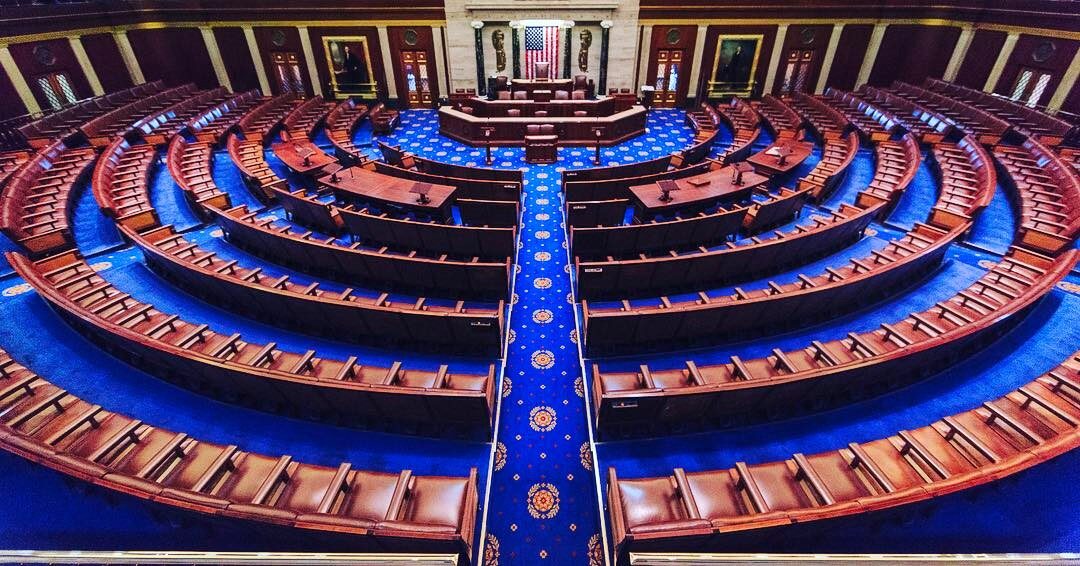Invenergy has proposed an up to 200 MWac / 300 MWdc solar plus 50 MW / 200 MWh energy storage facility in the town of Paris, Wisconsin. Per reporting by local Chris Hubuch, the Kenosha County project has submitted high level plans to Wisconsin regulators. A more complete application is expected sometime in April.
The Paris Solar Energy Center will be built with single-axis tracker systems using approximately 700,000 410 watt solar modules, occupying approximately 1,400 acres. The filing notes that the module being used could change – including up to 500 watt panels and glass on glass frames (bifacial?) versus standard aluminum frame modules.

Image: Invenergy
The onsite medium voltage hardware will be at 34.5 kW, which will connect to 138 kV main power transformers, and the nearby 138 kW transmission power line. An onsite, 20,000 square foot operations and maintenance facility will also be built on the site.
The energy storage facility will be constructed within a single building, approximately 12,000 square feet in size. Adjacent to the building would be rows of pad-mount transformers and inverters. The 50-200 MWh of energy storage will be composed of 7,000-30,000 individual battery modules.
No barbed wire will be used on the perimeter fence, and wooden post “deer fence” will be considered assuming compliance with state and national electrical codes. Fencing around the project substation and O&M building will likely be a chain link design with barbed wire to satisfy applicable security requirements for those project components.
The Preliminary Permit List includes fifteen unique sets of documents that must be developed (including but not limited to):
- Section 404 Wetland Permit, U.S. Army Corps of Engineers: Impacts to jurisdictional water resources will be avoided and minimized to the degree practicable. Field wetland delineation within the final project footprint will be performed during the growing season to determine the presence and extent of water resources, quantify potential
impacts and determine the appropriate authorization for unavoidable impacts. - Federal/State Threatened and Endangered Species Consultation, USFWS, WDNR CPCN; IPaC and ERR reviews completed.
- Exemption/General Permit/Individual Permit, WDNR: Impacts to jurisdictional water resources will be avoided and minimized to the degree practicable. Field wetland delineation within the final project footprint will be performed during the growing season to determine the presence and extent of water resources, quantify potential impacts and determine the appropriate authorization for unavoidable impacts.
- Oversize/Overweight Permit, Kenosha County – Use of oversize/overweight vehicles on County roads.
- Building Permit, Town of Paris – New construction.
- Electrical Permit, Town of Paris – New construction.
Project construction is anticipated to commence in the fourth quarter of 2019 and is expected to be completed by mid-2021. The Project’s Solar Easement Agreements have a maximum operating term of 50 years.
And per Hubuch, Wisconsin regulators are reviewing more than 4.6 GWac of solar in more than two dozen projects. This includes the 300 MWac Badger Hollow Solar farm, also being developed by Invenergy in a collaboration with NextEra.

Image: Invenergy
Currently, there is no battery larger connected to the USA power grid, however, there are a few in development of this size and (quite) larger. The EIA, in form 860M, notes the largest sized batteries currently online at 40 MW.
Invenergy’s renewable portfolio includes wind (94 projects; 13,578 MW), solar (26 projects; 2,750 MW), and battery storage (5 projects; 68 MW). The project are mainly located in the United States, with other projects located in Japan, Poland, Scotland, Mexico, and Uruguay.
Per a report by Wood Mackenzie Renewables & Power, 2018 saw 310.5 MW / 777 MWh of energy storage deployed in the United States.
This content is protected by copyright and may not be reused. If you want to cooperate with us and would like to reuse some of our content, please contact: editors@pv-magazine.com.








John, my compliments to you for providing all the vital information for this project. In the first sentence, you provided the output of the PV array, the output the grid sees and from which other important metrics are derived like capacity factor, the DC to AC ratio, the power output of the battery and the amount of energy it stores. 5 vital metrics instead of the usual 2. There are many who don’t understand there are these different measures and what they mean so it’s helpful so see them all in a sequence so they can’t hide. The confusion can be witnessed in various comment sections. Elsewhere we also get number of modules and wattage. You have just set the gold standard for enquiring minds that want to know. Thanks!